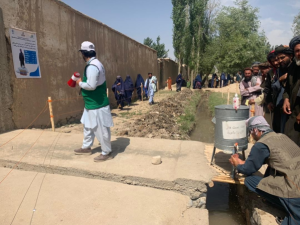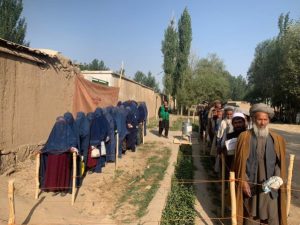ADAO Approaches of Development

ADAO applies Sustainable Livelihoods approaches that provide a framework for addressing poverty and vulnerability in both development and humanitarian contexts. They have emerged from the growing realization of the need to put the poor and all aspects of their lives and means of living at the center of development and humanitarian work, while maintaining the sustainability of natural resources for present and future generations.
Sustainable livelihoods objectives aim to increase the sustainability of poor people’s livelihoods through promoting:
Improved access to quality education, information, technologies and training and better nutrition and health;
A more supportive and cohesive social environment; more secure access to, and better management of, natural resources;
Better access to basic and facilitating infrastructure;
More secure access to financial resources; a policy and institutional environment that supports multiple livelihood strategies and promotes equitable access to competitive markets for all. Also, ADAO working for education believes that education is both the means as well as the end to a better life: the means because it empowers an individual to earn his/her livelihood and the end because it increases one’s awareness on a range of issues – from healthcare to appropriate social behavior to understanding one’s rights – and in the process help him/her evolve as a better citizen. Education is the most effective tool which helps children build a strong foundation; enabling them to free themselves from the vicious cycle of ignorance, poverty and disease. ADAO realized that Education for Children cannot be achieved without the family, particularly, unless the mother is assured of health care and empowered. Moreover, when an elder sibling is educated and relevantly skilled to be employable and begins earning, the journey of empowerment continues beyond the present generation. ADAO extended its thematic areas of intervention by supporting family health, livelihood, and women empowerment. Children, their families and the community become the target group for ADAO Foundation’s activities as child education cannot be done in isolation


